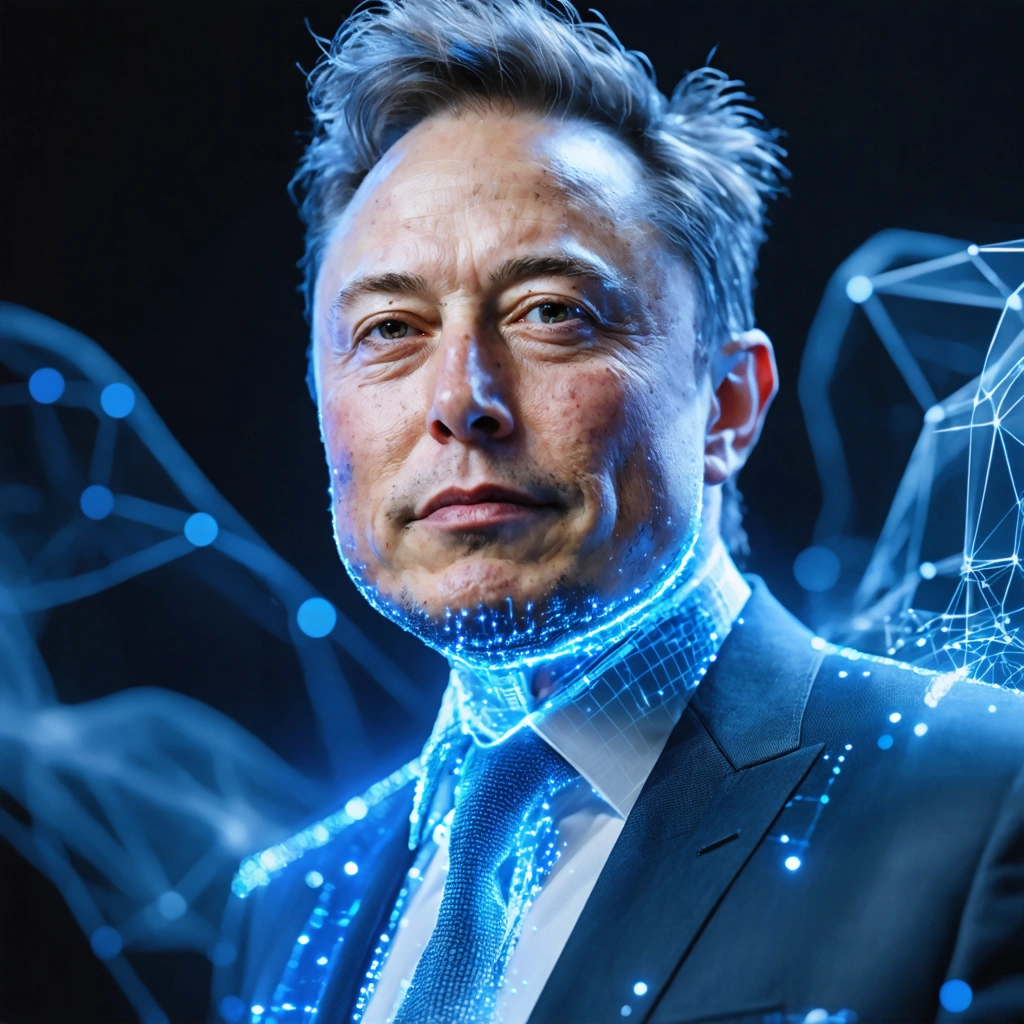
Introduction to a New Vision in Social Security Governance
In a revealing interview with Larry Kudlow, Elon Musk articulated a forward-thinking concept that has the potential to revolutionize public finance oversight. His suggestion that the DOGE team would scrutinize Social Security and other entitlement spending has captured the attention of analysts, policymakers, and business leaders alike. This proposal is not simply an isolated comment; it represents an ambitious vision towards eliminating fraud and inefficiencies within major public programs.
Understanding the Current Financial Landscape
The Challenges of Social Security and Entitlement Spending
Social Security and entitlement programs constitute the backbone of financial support for millions of citizens. However, persistent challenges such as administrative inefficiencies and fraudulent activities have long plagued these systems. In this context, Musk’s proposal emphasizes the need for enhanced transparency and innovative oversight mechanisms. Specifically, addressing fraud not only ensures that resources are appropriately utilized but also builds trust in public institutions.
Key Areas of Focus for Reform
- Fraud Detection and Prevention: Innovative auditing processes and digital tools can be leveraged to spot discrepancies early on.
- Resource Optimization: By identifying wasteful spending, funds can be redirected to more impactful areas.
- Systemic Overhaul: Structural changes in program administration can ensure that the government’s safety nets remain robust and reliable.
Elon Musk’s Perspective and the Role of the DOGE Team
Reimagining Public Oversight with Digital Innovation
Musk’s assertion that the DOGE team will be scrutinizing Social Security and entitlement spending signals a blend of high-tech innovation and traditional public oversight. The integration of digital currencies and blockchain technologies is expected to enhance traceability, making financial transactions in public programs clearer and more accountable. This approach is poised to introduce a new era of efficiency wherein:
- Modern technologies work alongside governmental systems.
- In-built digital tools preempt fraudulent activities.
- Real-time monitoring reduces administrative delays and errors.
Implications for Business and Public Policy
The implications of such a shift are multifaceted, impacting both the public and private sectors. On one hand, the proposal could lead to significant cost savings and improved service delivery, reinforcing public trust in government institutions. On the other hand, it also opens up a new business frontier, where technology firms specializing in auditing, cybersecurity, and blockchain solutions find greater opportunities in the public finance domain.
Strategic Overview and Future Directions
Developing a Comprehensive Action Plan
For business leaders and policymakers, the integration of advanced oversight mechanisms demands a comprehensive strategic plan. A viable pathway includes:
| Step | Action | Expected Outcome |
|---|---|---|
| 1 | Audit Current Systems | Identify inefficiencies and fraudulent practices |
| 2 | Integrate Digital Technologies | Implement blockchain for transparent transactions |
| 3 | Establish Oversight Committees | Monitor spending and ensure compliance |
This plan helps both governmental agencies and technology providers align their efforts towards a common goal: enhancing the accountability of public funds.
Industry Reactions and Market Implications
Adopting such transformative measures is not without its challenges. Various stakeholders, including regulatory bodies, financial institutions, and technology firms, are closely evaluating the potential risks and rewards. Key considerations include:
- Regulatory Adjustments: Adapting existing laws to accommodate new technologies.
- Investment in Technology: Increased funding for digital audit systems and cybersecurity measures.
- Stakeholder Collaboration: Greater cooperation between private tech firms and public agencies to implement effective controls.
These dynamics are likely to cultivate a robust market for fintech solutions, where startups and established companies innovate side by side, creating a fertile environment for growth and accountability.
Conclusion: A Path Forward for Enhanced Public Finance Management
Aligning Innovation with Accountability
Elon Musk’s proposal for the DOGE team to scrutinize Social Security and entitlement spending is a clarion call for integrating advanced digital tools into the realm of public finance oversight. The potential for fraud elimination is vast, and the introduction of blockchain and other innovative technologies could revolutionize the way public funds are managed and monitored. For businesses, this scenario represents both an opportunity and a challenge—a chance to lead in technological innovation while ensuring that public trust is maintained and strengthened.
Overall, the dialogue initiated by Musk is expected to spur critical changes in regulatory practices, investment strategies, and inter-agency collaborations. With clear steps and efficient execution, the vision for a streamlined, technology-driven oversight framework is within reach, paving the way for an era marked by transparency, efficiency, and fiscal prudence.




